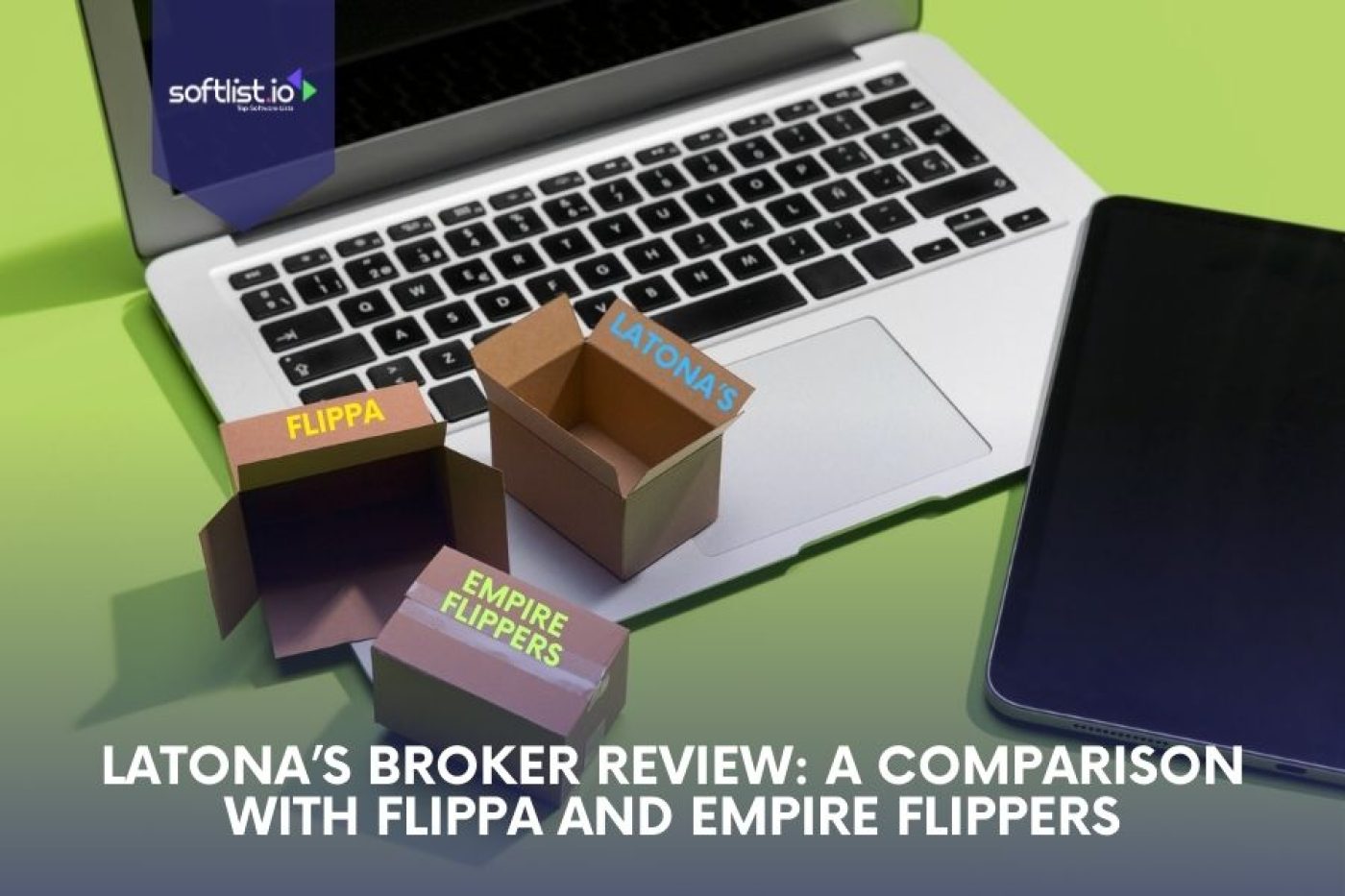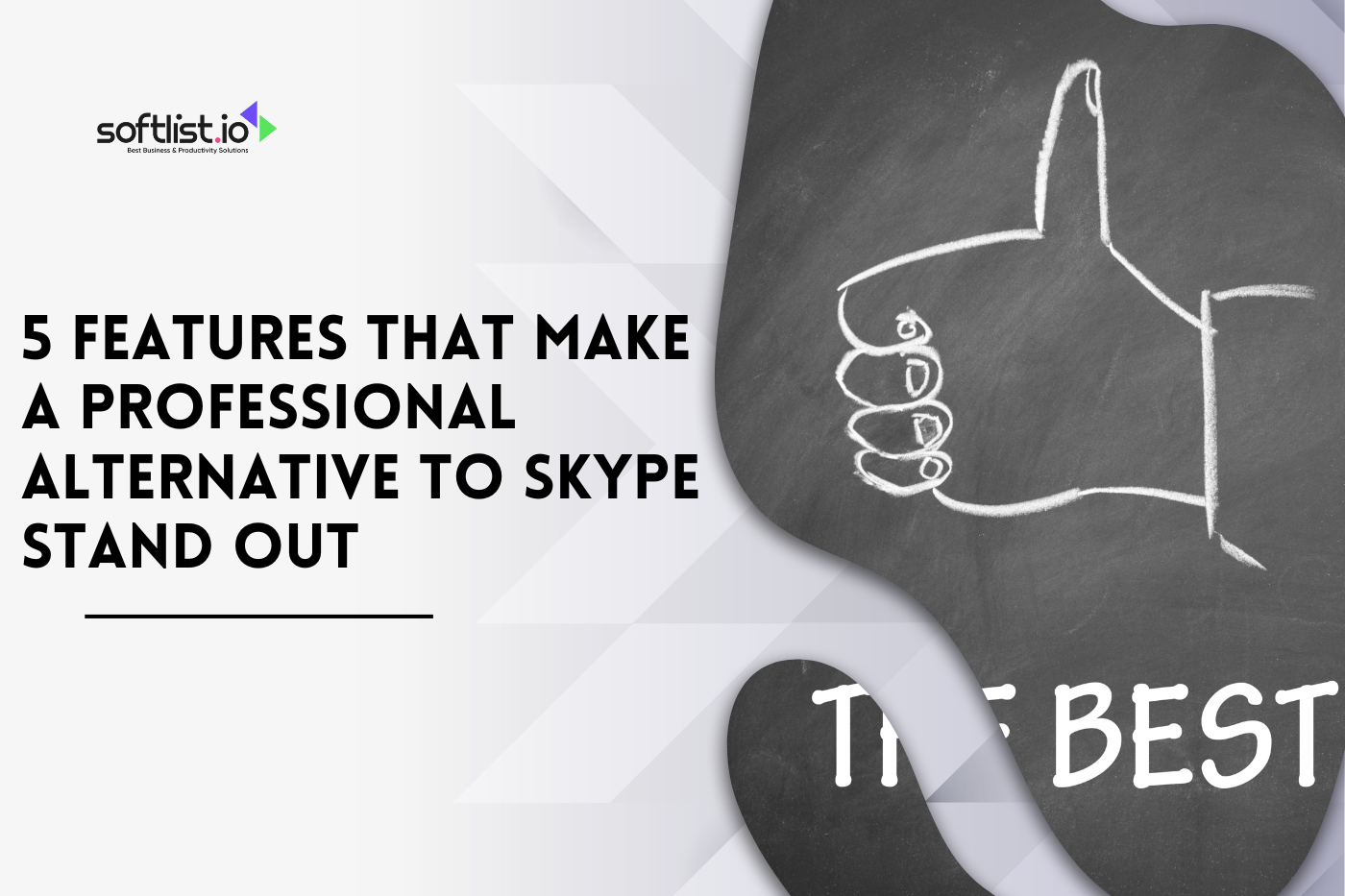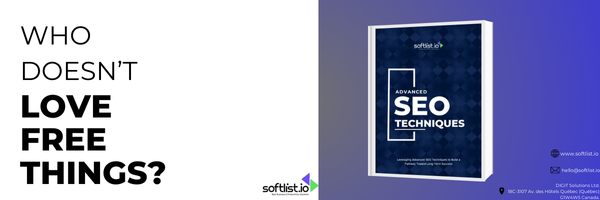Content Management System is the hot topic of today. It’s not going away anytime soon, so why not become familiar with it, take advantage of it, and learn everything you can about a content management system platform and software?
What is a Content Management System Platform?
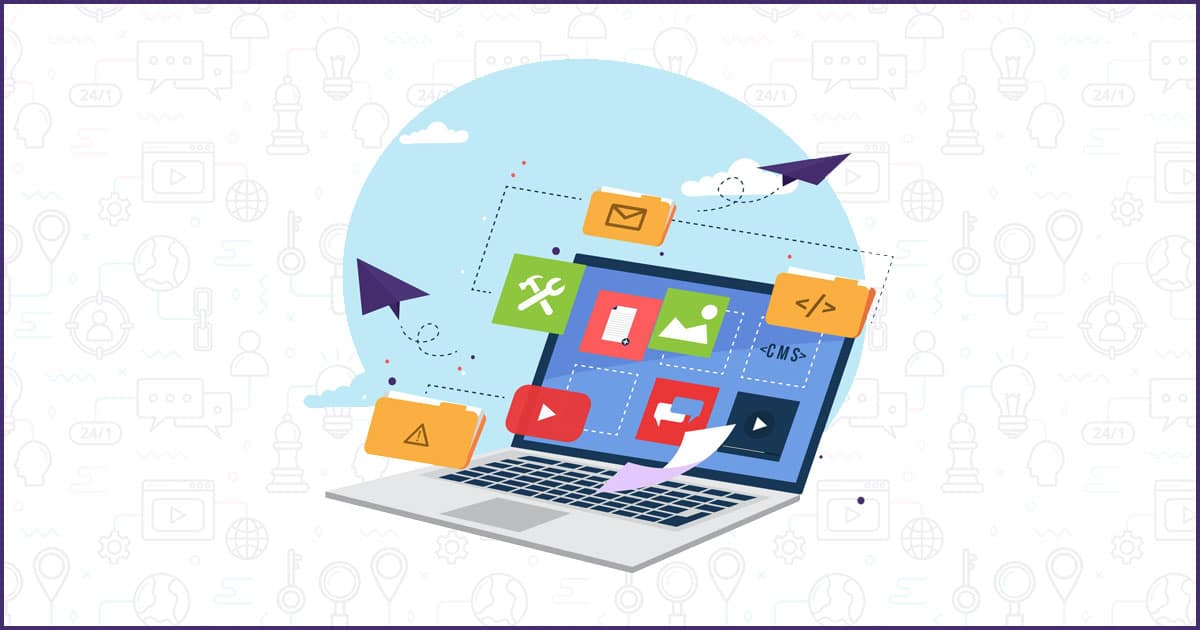
A content management system (CMS) is a software application that allows you to create, organize and update online content. Content can be anything from text and photos to videos and podcasts. A CMS also is a type of software that lets you build your website or blog without writing code.
The best content management system platform is the one that can adapt to your needs. You might need a simple solution that allows you to update your website and blog regularly. Or you might need something more complex, with advanced key cms features and integrations.
Many different types of content management systems are available today, making it difficult to decide which one is right for your business. A content management system (CMS) is software that allows users to manage content or data through a web-based interface.
A CMS is used by organizations to control their websites, blogs, social media accounts, marketing campaigns, and other digital content. They also help businesses manage their online presence by making it easier for people inside an organization to add or edit site content without going through IT professionals who may not be familiar with how their organization operates.
What are Content Management Systems used for?
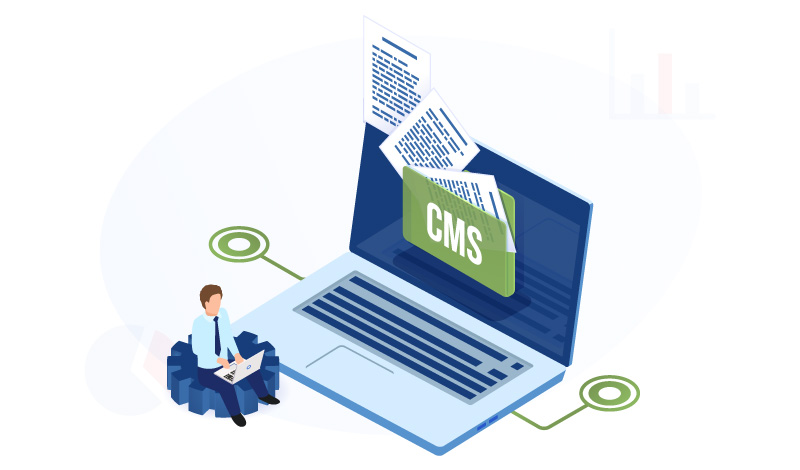
Content Management Systems (CMS) are software tools that allow you to manage your web content. They are designed to make it easy for you to add, edit and delete new content on your website without having any technical knowledge.
They also make it easier to keep your site up to date with new information and images without relying on someone else.
Content Management Systems can be used for many things:
- To create a blog or news site.
- To create a business website with an online shop.
- Manage a large website with many pages, posts, and products.
- To make it easy to update your website with new products, services, or blog posts.
- To allow different departments within your company to collaborate on the same website.
- To make it easier for people in different locations to manage their sites.
The best and most popular content management system options are WordPress and Drupal – there are also many others available that may suit your needs better depending on what you want to do with your site.
How can Content Management System Platforms help you?

Content Management System Platforms are the most popular and effective way to run your business online. A CMS is a platform that allows you to create, manage and publish content on the web.
Content Management System Platforms can help you in many ways:
- You can create professional websites without any technical skills.
- You can manage your website quickly, even without technical knowledge or experience.
- You can update the different kinds of content on your website easily without hiring someone for it.
- You can give access to other people for editing, updating, and managing the content of your website.
What is the difference between a Content Management System and an Enterprise Content Management System?

A content management system is a software system designed to help individuals and organizations manage digital content, such as text documents and images.
A content management system is a type of application software. Use a CMS for creating, managing, and publishing websites. There are many different types of CMSs, each with features and capabilities. A web content management system software allows non-technical users to easily add and manage content also edit web pages without knowing HTML or other programming languages. It also offers features to manage multimedia files (photos, audio, video), create forms, blogs, and other cms features.
An enterprise content management system (ECM) is an enterprise-wide software application that provides integrated solutions for managing all the various forms of information produced by an organization or institution. It may be used to store content document management such as scanned images of paper documents, electronic documents such as word processing files or spreadsheets, email messages including attachments and email archives, photos and other media files including audio recordings and video clips, as well as records related to transactions like orders placed by customers or parts manufactured in factories.
What are the best content management systems?

The best content management application works well with your business goals and budget. Some companies need simple websites to update pages or blog posts; others need more complex solutions with workflow automation tools that let teams collaborate on projects.
A content management system platform is a software platform designed to make it easier for organizations to manage their website with content management, blogs, and other digital asset management. They can range from simple tools that allow a single person to create and publish content to complex platforms that allow multiple users to collaborate on a website. A content management system platform allows you to manage your web content delivery application without writing code or hiring a developer.
The best Content Management Systems platform for you depends on what type of content on your site, you’re building and how much time and money you want to invest in its upkeep. If you plan on building a small blog or website, then a free cms provider or low-cost solution platform like WordPress may be right. But if your company wants to build a large eCommerce site, then Shopify might be a better option.
What are the limitations of a Content Management System Platform?

The right content management system platform in the market is vast and growing – but like any other platform, there are some limitations that you should be aware of before you commit to using one.
Limitations of CMS platforms include:
- The amount of time it takes to learn the system properly.
- The cost associated with developing websites on top of the CMS platform.
- The cost of hosting your website (if you don’t have your server).
- The need for more flexibility when it comes to customizing your website design.
Conclusion
Choosing the right content management system platform is a big decision and requires considerable thought. It can also be difficult since there are so many CMS platforms (and more) to choose from. Take the time to research your options thoroughly, and take notice of all essential details as you decide which platform is best for you. For more information about content management platforms, please visit our blogs.
FAQs
What is the difference between open source and proprietary?
Open-source software is free to use and modify. Proprietary software is not free, and you cannot change it because copyright laws protect it. Open-source cms software comes with a license agreement that states how to use it and what restrictions apply if you want to distribute edits back to the community.
What kind of support do they offer?
Most companies offer free support via email or phone, but some charge extra for this service. Some companies also offer paid upgrades or host your website for an extra fee.
How do I know if I need a CMS?
If you want to create a website for your business or organization without learning web design languages like HTML, CSS, and PHP, consider using a content management system platform. Some websites use multiple tools for different content management systems: for example, CMS like WordPress for blogs, Joomla! for news sites, and Drupal for more significant eCommerce sites.



